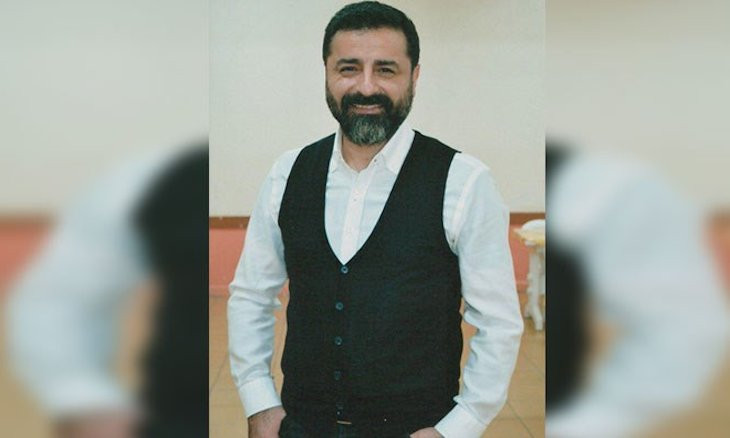Demirtaş's wife slams decision denying politician's release on grounds of 'flight risk'
Former HDP co-chair Selahattin Demirtaş's wife Başak Demirtaş has slammed the Turkish authorities for refusing to let the renowned politician to stand trial without arrest. A ruling issued by the prosecutors said that Demirtaş was a "flight risk" and evidence against him could not have been still gathered -- despite him being in jail for over three years now.
Duvar English
 Lawyers file application for Demirtaş's release
Lawyers file application for Demirtaş's releaseBaşak Demirtaş, wife of jailed former People's Democratic Party (HDP) co-chair Selahattin Demirtaş, has slammed the Turkish authorities for refusing to release the renowned politician.
Başak Demirtaş shared on her social media account a copy of the prosecutor's ruling justifying the former HDP co-chair's continued imprisonment on the grounds of “flight risk” and “the evidence not having been gathered."
“It seems the prosecutor could not have gathered evidence [against Selahattin Demirtaş] for the last six years. They said Figen and Selahattin would run away,” Başak Demirtaş wrote, referring to the other former HDP co-chair Figen Yüksekdağ who similarly stands behind bars.
She also wrote “Aqlê sivik barê giran e” in Kurdish, which translates as “A feeble mind is a heavy burden” in English.
Savcı 6 yıldır delil TOPLAYAMAMIŞMIŞ.
— Başak Demirtaş (@Basak__Demirtas) June 29, 2020
Figen ile Selahattin KAÇACAKMIŞMIŞ.
Aqlê sivik barê giran e. pic.twitter.com/gQUwRXZMTF
Demirtaş and Yüksekdağ have been in jail since November 2016 and faces several legal cases, mainly on terrorism charges.
Lawyers of Demirtaş have exhausted all the domestic remedies for the renowned politician to stand trial without arrest. They have recently also cited the risk of the novel coronavirus outbreak in Turkish prisons. Their applications however were all turned down, despite a recent Constitutional Court ruling which said that Demirtaş's lengthy imprisonment breaches the Constitution as it exceeds the “reasonable duration.”
 Demirtaş's rights were violated with lengthy imprisonment, Turkey's top court rules
Demirtaş's rights were violated with lengthy imprisonment, Turkey's top court rules
